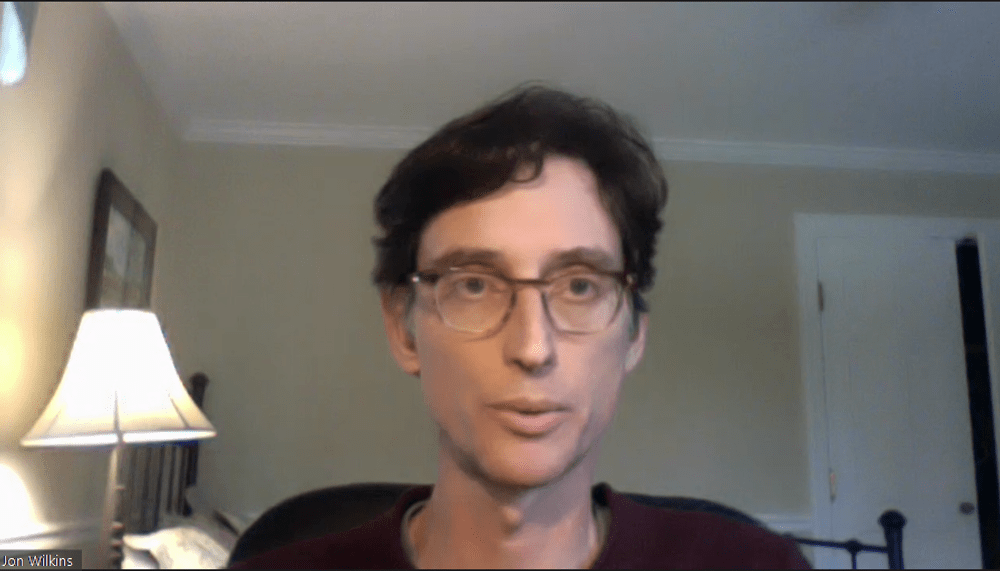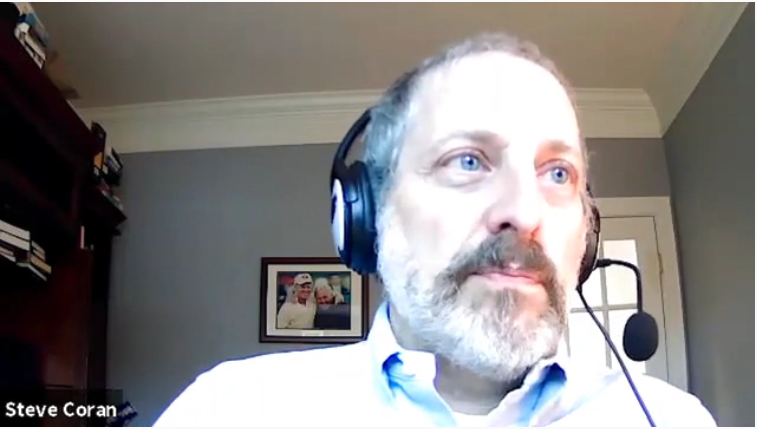US Telecom Hosts Discussion on Detailed Process for Finalizing Rural Digital Opportunity Fund Results
December 15, 2020 — The Federal Communications Commission recently announced the winners of the Rural Digital Opportunity Fund. In the reverse auction,180 bidders won $9.2 billion in federal monies to be distributed over the course of 10 years, to provide broadband to 5.2 million locations across th
Jericho Casper

December 15, 2020 — The Federal Communications Commission recently announced the winners of the Rural Digital Opportunity Fund. In the reverse auction,180 bidders won $9.2 billion in federal monies to be distributed over the course of 10 years, to provide broadband to 5.2 million locations across the United States.
For the winning bidders, the next step in the RDOF process is to submit so-called “long form” applications, or the FCC’s Form 683, by January 21, 2021. The long form application process provides FCC staff with the opportunity to make sure they are comfortable with the winning applicants before they distribute the funds.
On Tuesday, the trade group US Telecom, together with the Wireless Internet Services Providers Association, hosted a question-and-answer session on preparing the long form with an expert panel, and further, published recorded video guides, meant to assist those working through the Long Form application process, on Tuesday.
“The short form is made easy, as the FCC wants increased participation and competitive bidding. You may have done it yourself,” said Jon Wilkins, partner at Quadra Partners, detailing the ease of the introductory step bidders took in July to be considered for Auction 904.
While filing the long form might seem as easy as filing the short form, Wilkins said it will prove far more complex. At this point, “staff at the FCC are in the mode of thinking that they have billions of federal dollars that they will be held responsible, to some degree, for distributing effectively.”
Certifications about USF, financial and technical plans, public interest obligations and ETC status
“Applicants should be prepared to be responsive and converse with FCC staff members,” said Steve Coran, attorney at Lerman Senter.
RDOF winners will be required to provide four certifications, detailing general Universal Service Fund information, financial and technical plans, public interest obligations, and an Eligible Telecommunications Carrier certification.
For winning bidders, the first financial requirement are to submit a credit commitment letter from an eligible bank by February 25, indicating the amount of support being provided, which can be no less than the first year of support needed.
Winners must also issue a breakdown of funding sources, detailing how they plan on providing the required funds, the dollars they have available to support the first two-and-a-half years of future networks, and the estimated overall project cost, he said.
Because many bid winners may not yet have an ETC certificate, RDOF winners must apply for one and provide proof of ETC certification within 180 days of December 7, the day winners were announced.
Coran warned bidders that any major modifications made during the short form and long form process can result in disqualification, unless the bidder receives a waiver from the FCC. For example, “if an owner goes from holding 12 percent of the company to 15 percent, you have an obligation to update that information with the FCC,” he said.

The pair noted specific spectrum requirements facing fixed wireless bidders. “With the short form process, the FCC provided a detailed road map of the spectrum bands available. It is going to be far more rigorous” than the long form, said Coran. Fixed wireless bidders must detail bandwidth plans for the last mile, on top of providing a number of additional spectrum licenses and authorizations.
Data from CostQuest Associates and its role in RDOF finalization
Wilkins also highlighted the broadband data that CostQuest Associates provides. Winning bidders who fail to completely follow through with the RDOF process can be fined by the agency. The default penalty is to charge bidders $3,000 for each census block district that they forfeit. The maximum penalty is to charge 15 percent of the total dollar amount of the potential awarded funds.
For those unsure of what to look out for, Coran recommended “watching all of CQA’s videos, bringing in professional help, reading all the instruction materials, and engaging with people who have been through it before.”
“You’re not going to get it right the very first time,” said Coran. FCC staff members “will have questions and will come back to you. A lot of it will be because you missed something or answered something incorrectly.”









Member discussion